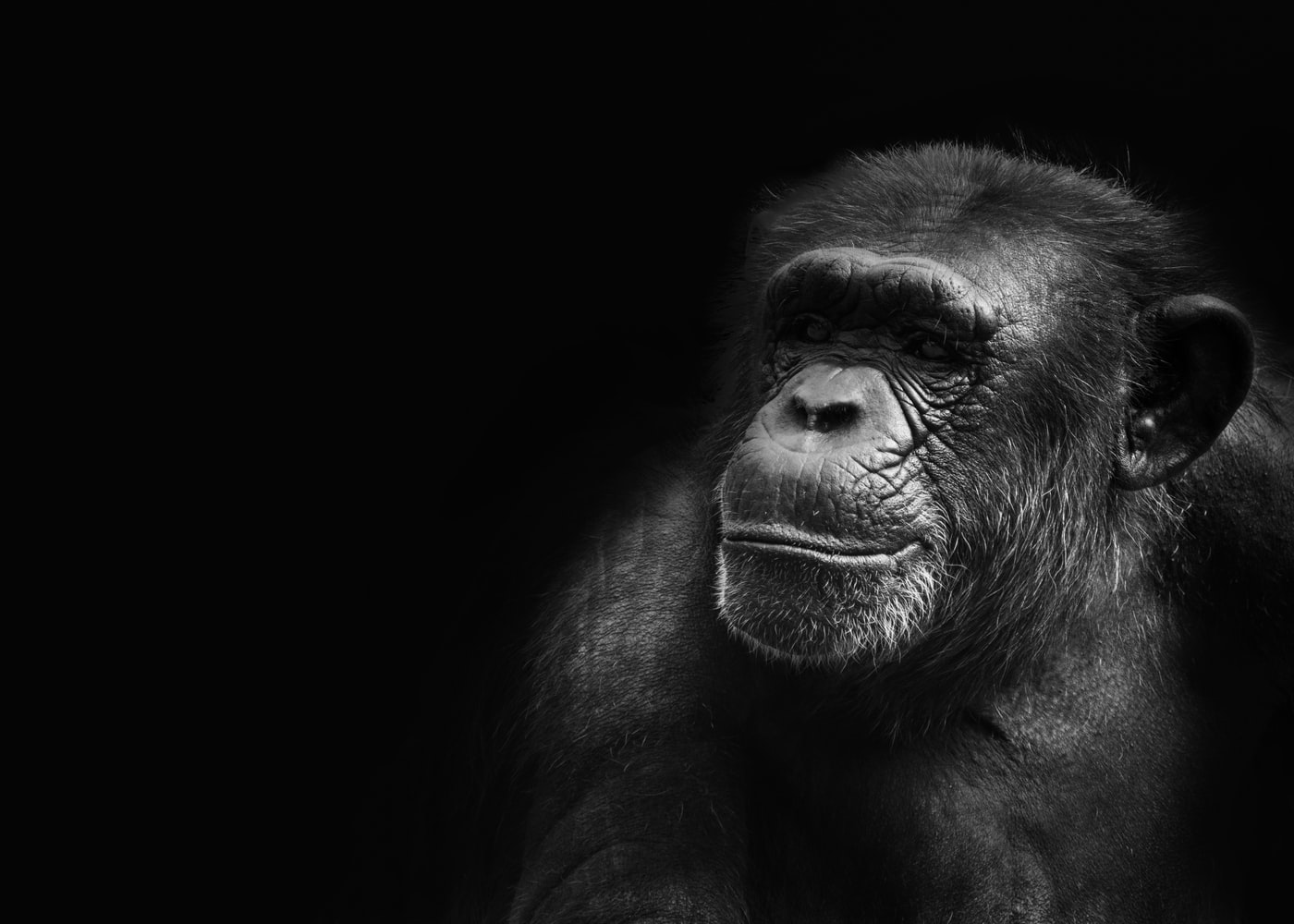The Age of Extinction
David Attenborough’s new documentary Extinction: The Facts has sparked conversations about a previously unpopular topic to the general public. With one in eight species now at risk of extinction, the issue is much greater than previously thought. When thinking of extinction, we may imagine the dinosaurs or mammoths that are no longer around, but what some of us may not know is that we are currently experiencing the fastest rate of extinction the world has ever seen. Since 1970, 60% of vertebrate species have gone extinct- this includes birds, mammals, amphibians and reptiles. Scientists predict that the rate of extinction is hundreds of times faster than the natural evolutionary rate. To make matters worse, it is continuing to increase as we speak.
The cause of this increase? Human behaviour. More specifically deforestation, destruction of habitats and excessive agricultural practices. Together with man-made waste and pollution, this has a colossal imapct on the planet. With the sea levels rising as direct consequence of the temperatures increasing, many species can no longer survive. There simply isn’t enough time to adapt to the ever-changing conditions. Over 40% of plant species are currently at risk of extinction. It may be unclear how extinction of plants is an issue for humans. But plants serve a much greater purpose than just aesthetics.
Since 1970, 60% of vertebrate species have gone extinct
“We would not survive without plants and fungi – all life depends on them – and it is really time to open the treasure chest,” said Prof Alexandre Antonelli, the Director of Science at the Royal Botanical Gardens, Kew, UK. As well as producing oxygen which is essential for our survival, plants are used in a wide range of medicines, food and biofuels. The reduction in availability of these resources would increase our demand for artificial products which increases the need for fossil fuels and hence makes the situation even worse.
To illustrate how unnatural this crisis is, there is evidencethat suggests that human behaviours are to blame for the emergence of Covid-19. “This year, we have been shown we have gone one step too far. Scientists have linked out destructive relationship with nature to the emergence of Covid-19,” said David Attenborough.
So, whilst extinction is a natural process, it is evident that what we are experiencing now is far beyond natural. However, as mentioned in the documentary, it is not all too late. David Attenborough has called this a “critical moment”. Conservation efforts can help to increase population numbers, but this cannot be done well if we continue to live the way we do.
While extinction is a natural process, it is evident that what we are experiencing now is far beyond natural
There are many factors which have contributed to the Age of Extinction. However, the main cause is global warming. By reducing carbon emissions, humans could effectively tackle this issue. This can be done in so many ways such as reducing deforestation and the use of fossil fuels.
Increasing conservation efforts can also help to save some species from going extinct. The current conservation methods being used are: tracking animal movement, patrolling areas for poaching, having designated conservation areas and keeping natural habitats.
While most of these grand-scale solutions seem out of reach for individuals, this isn’t the case for all action.We need to come together to make better choices for the planet. Whether that is demanding change from your government, reducing your own carbon footprint or spreading awareness about such issues, no effort is too small.

Comments